Around the world in 585 days
Planetsolar is a catamaran and in each hull, there are 4.5 tonnes of batteries, which can store sufficient energy to keep the boat powered for up t...
The way we travel has changed enormously since the introduction of the motor car. We are all used to travelling more regularly and for longer distances. But most journeys we make involve fuel being burned in an engine, and when fuel is burned, it creates carbon dioxide (CO2), the most abundant greenhouse gas which is responsible for climate change. DIesel engines also produce nitrous oxides (NOx) when they are working. NOx causes breathing difficulties, headaches and other problems when it is inhaled.
So our choice of transport can make a difference, every time we choose to travel.
Planetsolar is a catamaran and in each hull, there are 4.5 tonnes of batteries, which can store sufficient energy to keep the boat powered for up t...
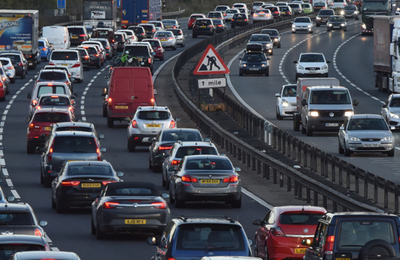
He called on other countries around the world to pledge to reach net zero carbon emissions by 2050, as the UK prepares to host the UN's talks on cl...
The great tit, a bird that can be found all over the UK, is one of the birds affected. Male great tits sing songs to attract females to breed with...
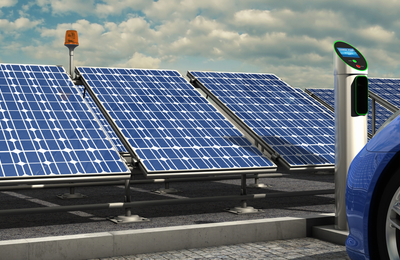
Electric vehicles are becoming more popular. In this factsheet we explore why.
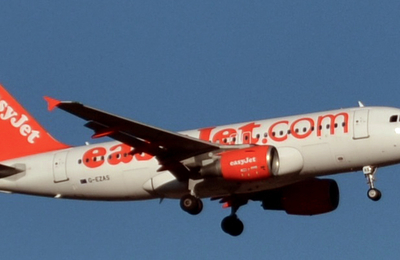
It has formed a partnership with Wright Electric, a US firm which is developing a battery-powered aircraft for use on flights lasting two hours or ...

Passing your driving test and getting behind the wheel was once the dream of most young people - certainly that was the case when I got my licence ...
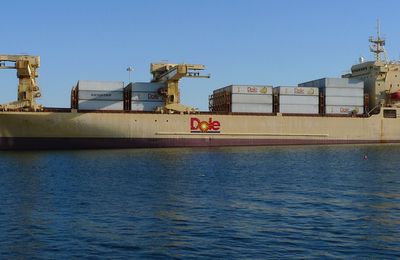
The food we eat makes up about 30% of our carbon footprint. Knowing how far it has travelled and how it has been stored is essential if we wish to...
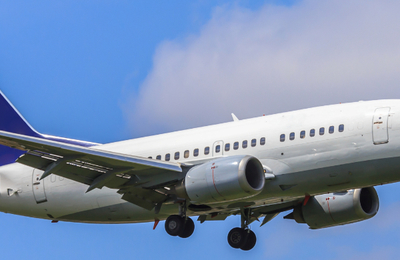
The EU ruling on the ban stipulated that it could only be operated on routes which offered several direct rail connections each day. If rail servi...
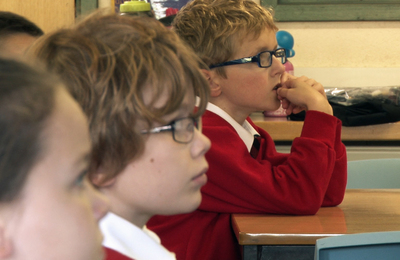
The school talks service is available in person for schools within a 30-mile radius of our office in Yeovil OR on Zoom, Teams etc. for schools anyw...
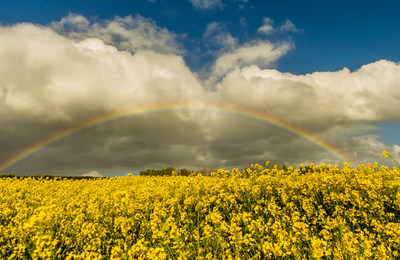
The plan contains a mixture of new and previously-announced initiatives. Some of the proposals have been welcomed more warmly than others, both by...
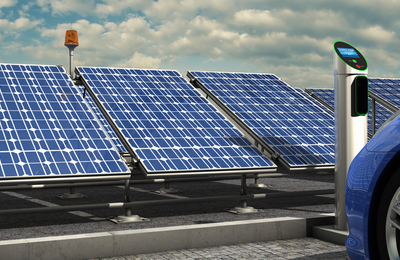
Find out more about the why electric cars will become much more common in the future, and why there aren't more on the roads already.
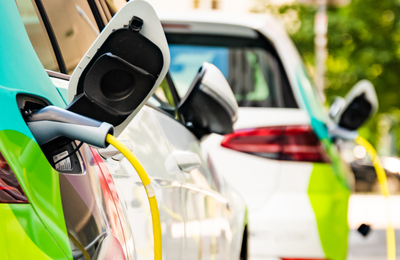
Fears have been raised about whether the National Grid, which manages the nation's electricity supplies, would cope with a massive increase in elec...

The idea for the competition came from Jemma and Amy, two of YPTE's Young Trustees. They were certain that the competition would appeal to a lot o...
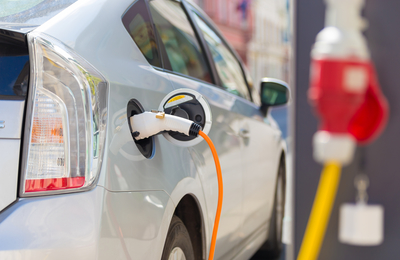
The government’s commitment to ban the sale of new petrol and diesel powered cars by 2040 means that we motorists will at some point in the future ...
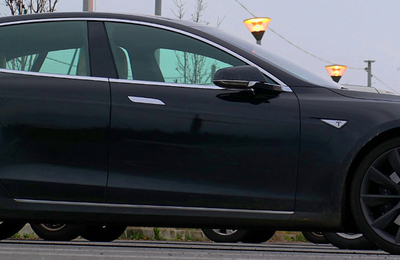
At close of trading, Tesla's value was up 7.3% to $48.7bn (£38bn), while Ford's was $45.3bn. Tesla delivered 25,000 cars in the first quarter of 2...
So, we take the train, we take the bus, or we take the car. We know that taking public transport reduces our carbon footprint, so in many cases it’...
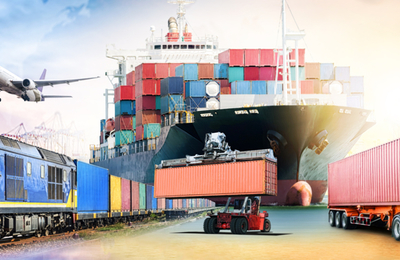
This suite of lessons and activities for Key Stage 2 looks at the following issues: What were the earliest types of transport? Why do so...
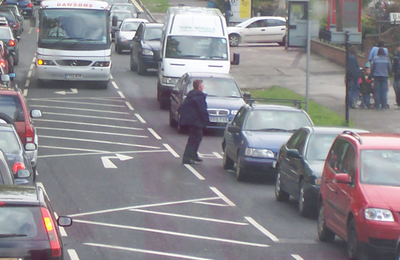
Poor air quality is viewed by ministers as being the greatest environmental risk to public health, being responsible for up to 40,000 premature dea...
The average emissions of new cars sold in 2011 was 138.1g/km. By 2015, average emissions must fall to below 130g/km to meet with EU targets and by...